TRIGGER WARNING: mentions of graphic sexual assault/abuse, physical abuse, substances, sex trafficking]
Sean “Diddy” Combs is a man of many names – Puff Daddy, Sean John, Brother Love, or his legal – Diddy has been a prominent figure in the hip-hop scene for over three decades. Most recently, this superstar has been riddled with allegations regarding many sorts of sexual misconduct and abuse, and sex, weapons, and drug trafficking.
The initial controversy started when Cassie, an R&B singer who gained popularity in the early 2000s, sued Diddy in federal court, accusing him of rape and an abusive relationship that lasted almost a decade, starting when she was 19 years old. She claims that Diddy proceeded to take complete control of her life – her apartment, her cars, her medical records – and that he had a hold on her life. Following Cassie, multiple different women came forward regarding abuse of the sort from Puff Daddy.
CASSIE

Cassie, whose real name is Cassandra Ventura, was signed to Bad Boy Records in 2006, right before she turned 20. The lawsuit stated that soon after, the cycle of abuse began, and an ultimatum was contrived – Cassie keeps her lavish life and music career, or breaks Pandora’s box by telling the world about Puff’s abuse. For almost 20 years, she chose the former.
The alleged abuse was not going on exclusively behind closed doors, though. Beatings were witnessed by Mr. Combs staff and employees, but no one dared to speak up against their frightening and ferocious boss,” the 35-page lawsuit read. In one instance in 2009, Combs went on to repeatedly strike and kick Ms. Ventura until she was bleeding, Combs’s staff proceeded to hide her in a hotel room. Her constant hiding from Diddy resulted in his staff and himself going to gaslight her, stating that her career and success in the music industry would be obstructed.
“I think he did it because he has money and power,” Alaya Grayson, a junior at Central, said. “When people have this combination, a higher sense of influence comes with it, and they can get away with stuff like this. He was just able to hide it [from the media] for so long because there’s probably much more to it than we see.”
One of Cassie’s longtime friends, Tiffany Redd, said in an interview that “[she] told me the only time he [Diddy] was willing to work on her music or anything regarding her career was when she had a freak-off.” Another example of Diddy’s possessive behavior came from an account from rapper Baz B, recounting a time when rapper Wale and Cassie were working on a song together, and much of Diddy’s acquaintances were talking about how possessive he was over her. After a while, there was a lot of commotion in the studio, and Baz said “next thing I know, I see two of Puff’s security hanging Wale off the edge of the balcony, and screaming at him that he wouldn’t be able to finish the record if he kept getting closer to her [Cassie].”
“She wanted to be a performer, she wanted to be a musician, she wanted the lifestyle,” Callan Rogers, a social worker and a Narcotics Anonymous sponsor, said. “He [Diddy] held all of that over her head, and now that she’s coming out and telling her story, people are saying that she ain’t right for putting out a lawsuit after all these years, but she’s gone get every bit of it.”
RODNEY “LIL ROD” JONES

A music producer, known professionally as Lil Rod, also sued Diddy in federal court. Alleging sexual harassment, drugging, and threatening him during the time when he lived with Combs from September 2022 to November 2023. The lawsuit consisted of similar allegations against Diddy as Cassie and other people have brought forward, like extravagant sex parties (“freak-offs”- Diddy’s name for these events) and frequent non-consensual drug use.
Jones claimed that there are screenshots and videos from exclusive parties at Combs’ home involving sex acts with underage girls and sex workers, who mostly were allegedly served laced drinks. Jones also claimed that he was forced to watch Diddy shower while working and he was forced to engage sexually with sex workers. Diddy would take Jones out and make him wear a Bad Boy Entertainment hat to signal sex workers for recruitment.
Jones also talked about Combs’ violent and demanding behavior. On one occasion, Jones alleges, Diddy was bragging about his involvement in the 1999 NYC club incident where Combs allegedly shot multiple people, leaving three injured. Jones claimed he was “terrified” of Combs, not knowing “what to do with this information” being spewed on him.
The suit named Justin Combs, Diddy’s firstborn son, UMG (Universal Music Group) CEO Lucian Grange, and Kristina Khorram, Diddy’s chief of staff, among many others as defendants. Attorneys and representatives for the defendants have consistently denied all allegations.
MANIACAL BEHAVIOR ON TELEVISION


“Making The Band,” a competition show that ran on MTV from 2002-2009, was partially hosted by Diddy. MTB helped produce musical acts such as Day26, O-Town, and the iconic Danity Kane. Another show that Diddy hosted and produced, “I Want To Work For Diddy, ran from 2008-2010. In both of these shows, especially IWTWFD, Diddy presents as a cutthroat, ruthless superior. He seldom smiled, his demands were outrageous, and he rarely gave compliments. He almost immediately established a fear-based relationship between himself and the contestants. But because such a high reward came from his approval, he was never really the villain.
“There was this one instance where Diddy made some of the contestants [on IWTWFD] walk all the way from Manhattan, across the bridge, to downtown Brooklyn, in the cold, to pick up some cheesecake.” What Tee Grandison, a small Black business owner is referring to, is the Cheesecake Challenge, which Diddy painted to “test the endurance of the contestants,” or a litmus test of their dedication to him. Diddy himself said that the challenge wasn’t a “mean-spirited hazing act,” but instead there was a bigger picture to it. In one of the scenes commencing the Cheesecake Challenge, Diddy is filmed stomping and yelling at the contestants that if his cheesecake is “in the least bit soft or brittle or not on point,” he will be sending those contestants back, and they will be demoted into a lower tier.
“Situations like that where an authority figure is asking you to do something outrageous, something not even in the slightest bit conducive to the goal you’re trying to reach, and that’s mostly for their amusement, and if you refuse to do it, you risk losing everything? There’s a word for that.” Grandison pauses for dramatic effect. “Coercion. And even more so, the expectation of these contestants to mentally alchemize this obvious and blatant abuse of power into gratitude? That’s the real salt in the wound right there.”
CHRISTIANITY AS IMMUNITY


Diddy’s actions were even more shielded by his constant citing of a higher power, which also allowed him to cosplay humility. “You can criticize anyone all you want, but as soon as they bring their higher power into it, it’s like walking off the edge of a cliff.” Grandison says. “Why do you think these public figures who carry out some of the most bigoted, extremist plans cite religion so heavily? They are all Christian down to the socks, right? But aren’t those the same ones that can’t cite not one verse from the holy book?” Using religion, especially a popular and widely-followed religion to excuse terrible and unethical behavior is very common among public figures who have done wrong to, in a sense, excuse them for their wrongdoings.
Christianity’s position, especially in hip-hop music and black pop culture, has been used as a tool of absolution for a long time. “If you can find a way to say the characteristics of your persona, that go completely against Christian values, be it hatred, abuse of women, stealing, lying, killing allegedly, and still centering a higher power to publicly relay that as righteous? Citing all criticism as crucifixion, and damning all naysayers as blasphemous? Oh, you’re too far gone in it now,” Rogers said.
We often think of sexual predation as spontaneous, like someone woke up one day and decided to be bad out of nowhere when that is not the case. There is so much space and opportunity for their bad behaviors to grow worse throughout the years. As consumers, we should really pay attention to who we assign virtue to, not only because they’re rich, Black and powerful.
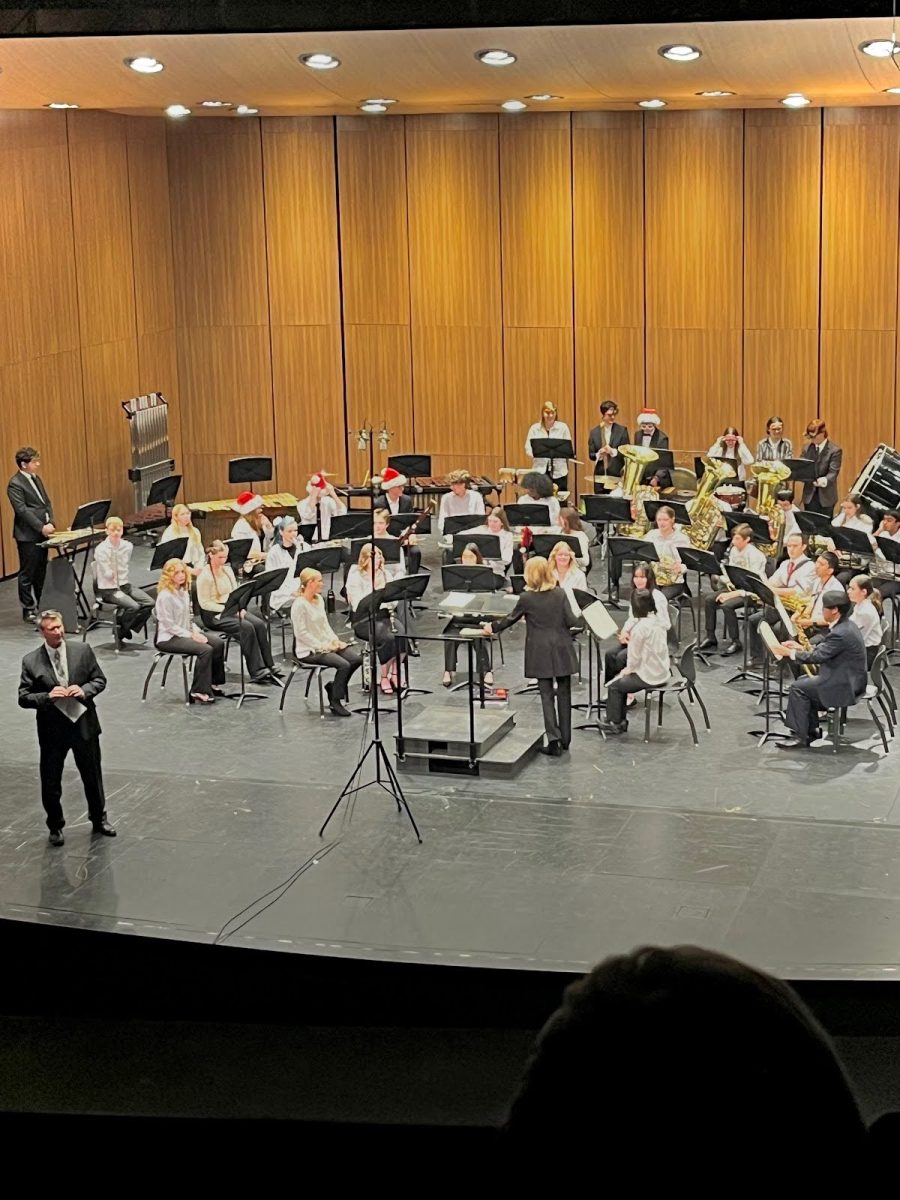

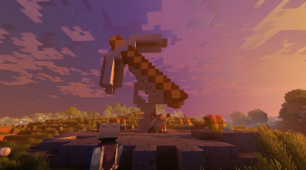
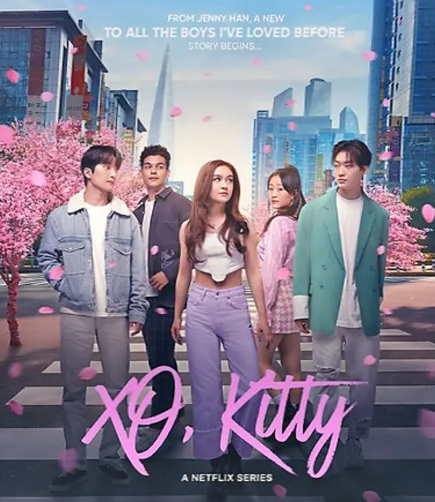

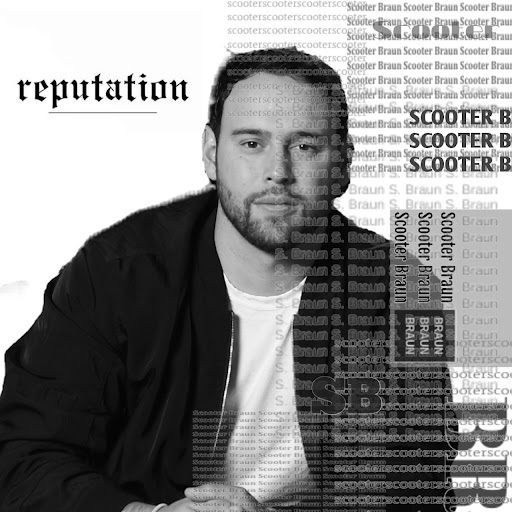
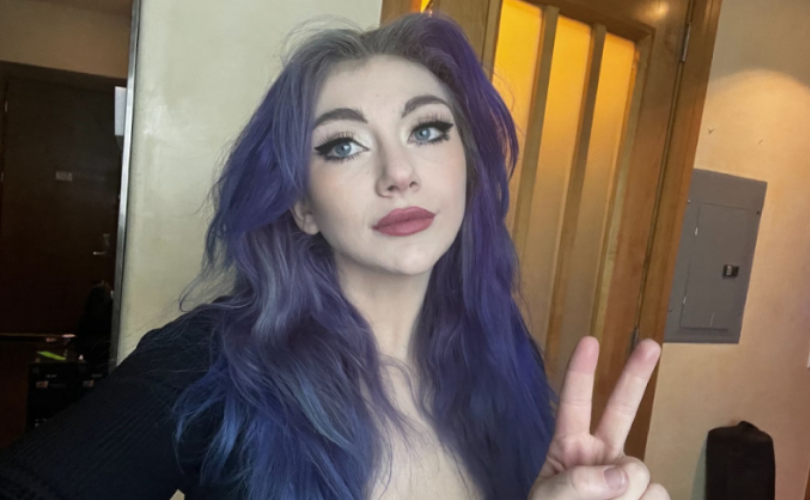
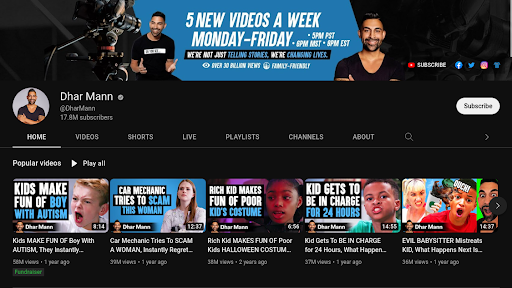
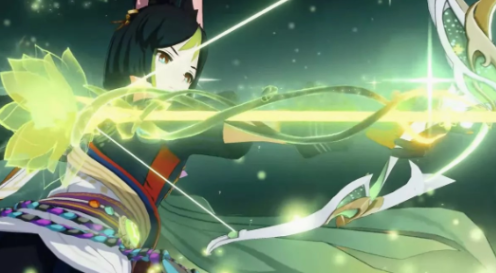

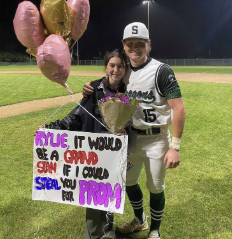
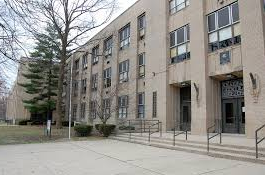
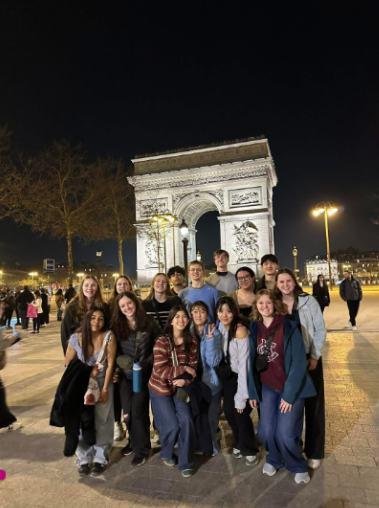
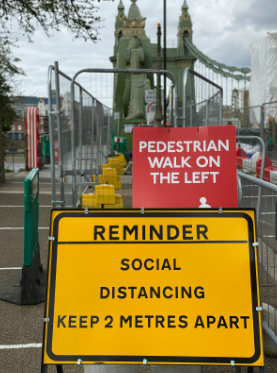
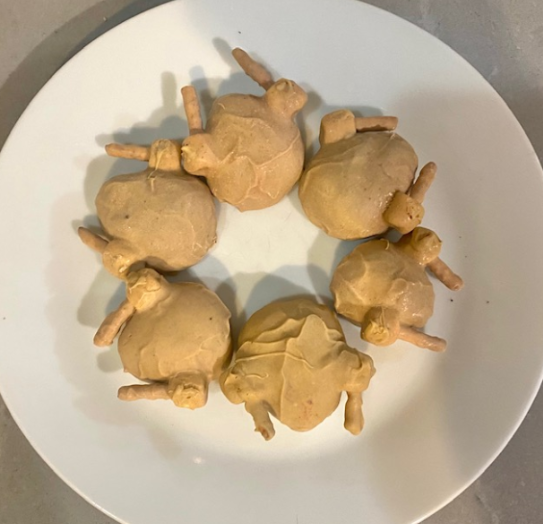
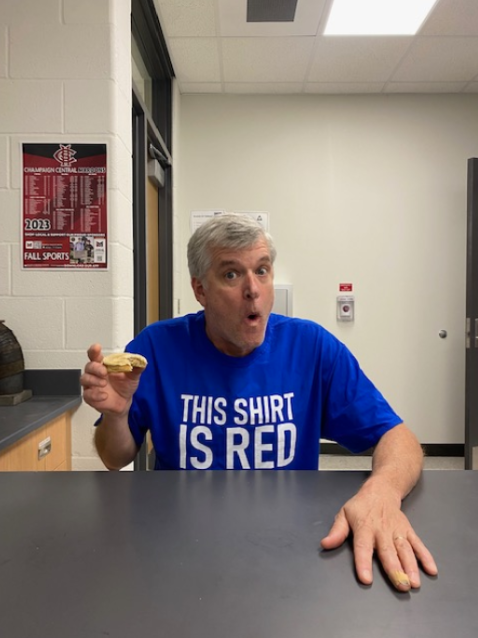


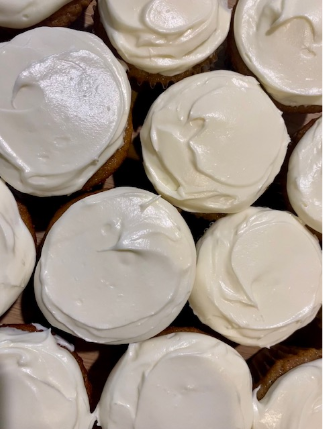



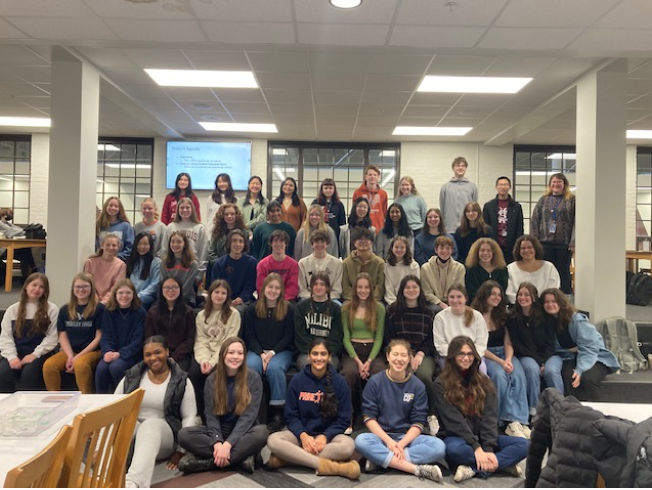

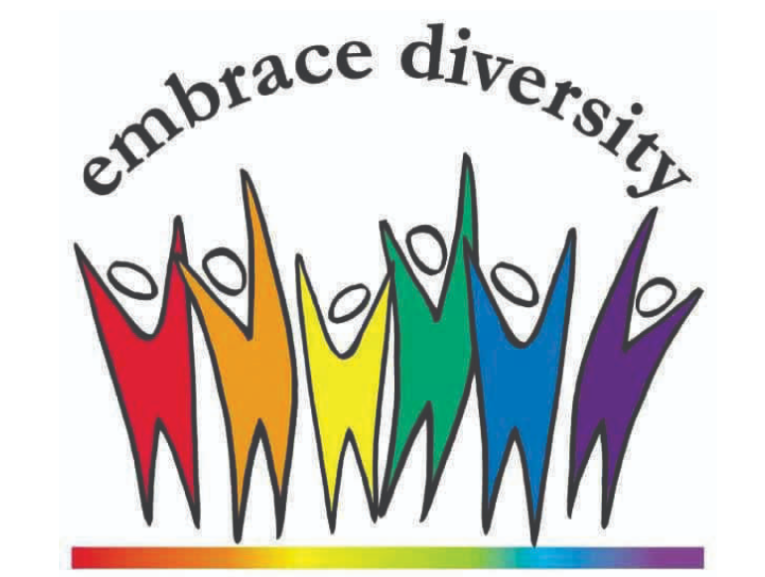

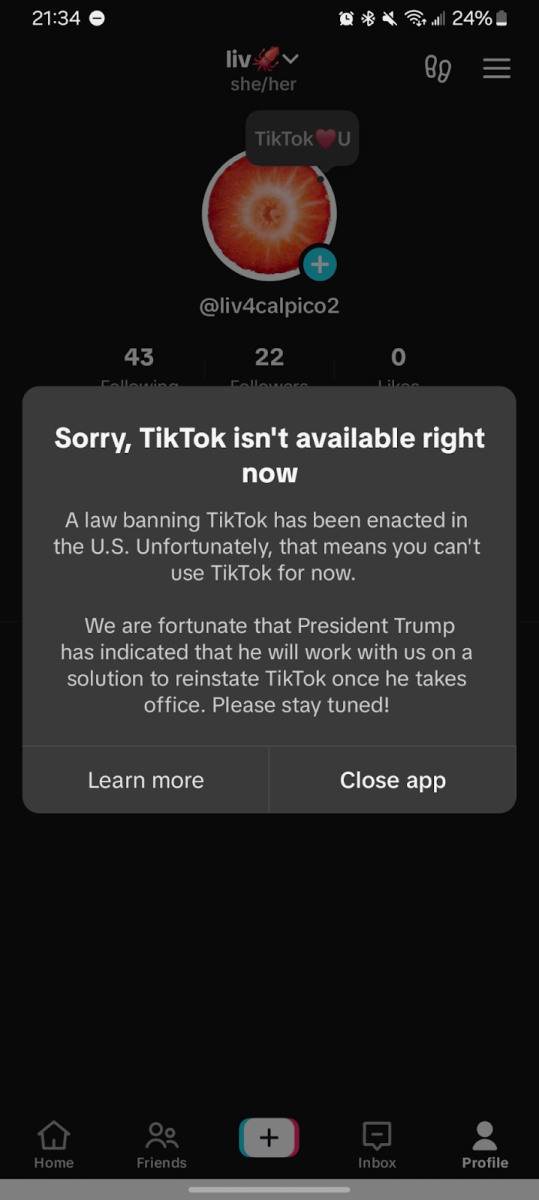
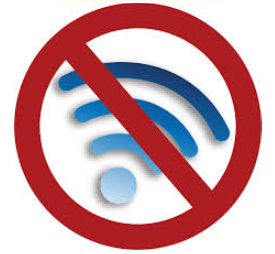
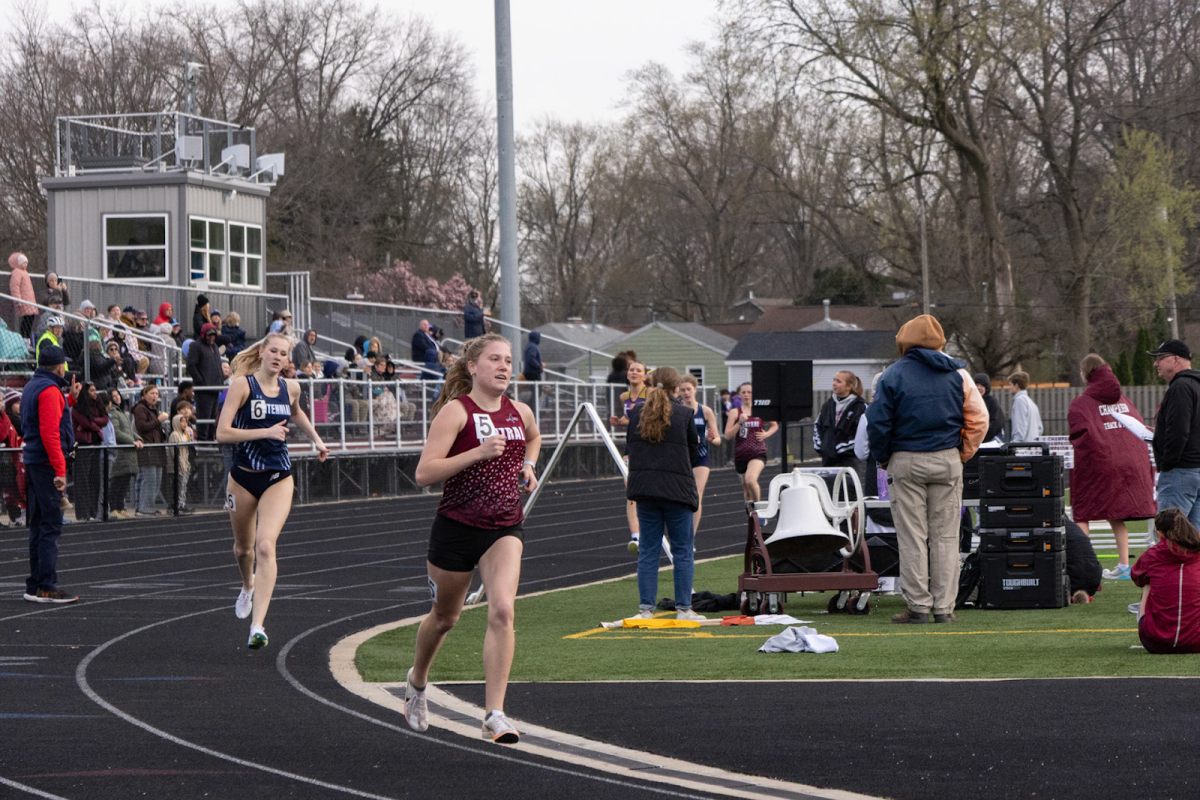
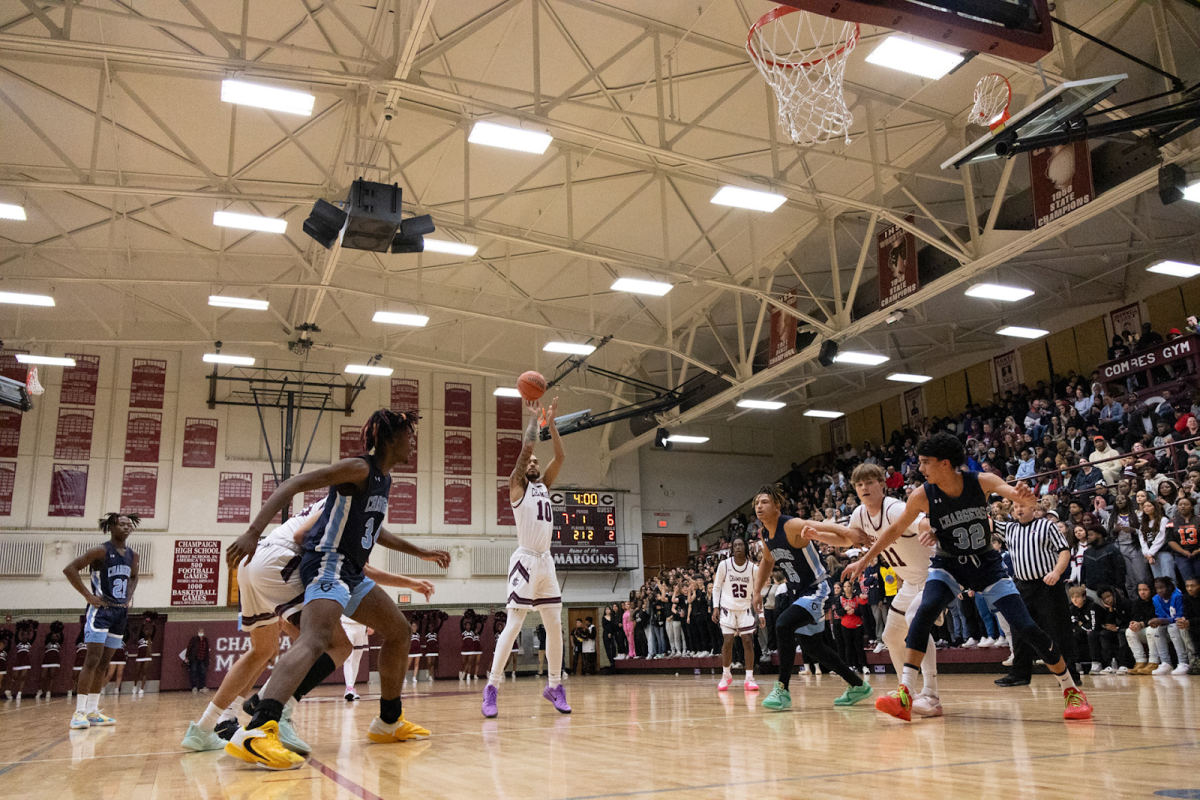
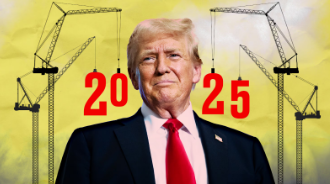
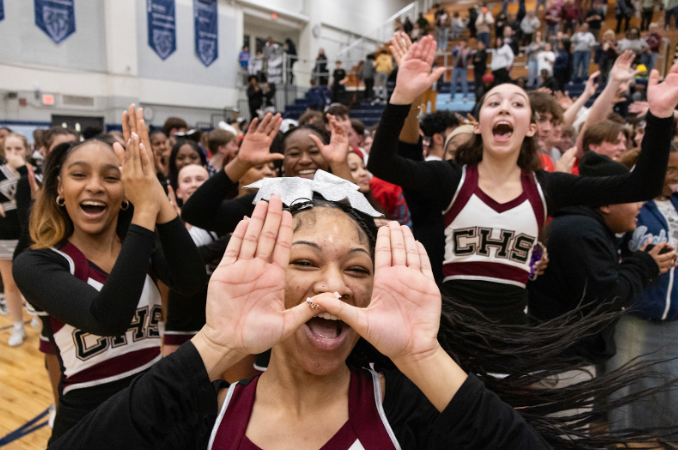

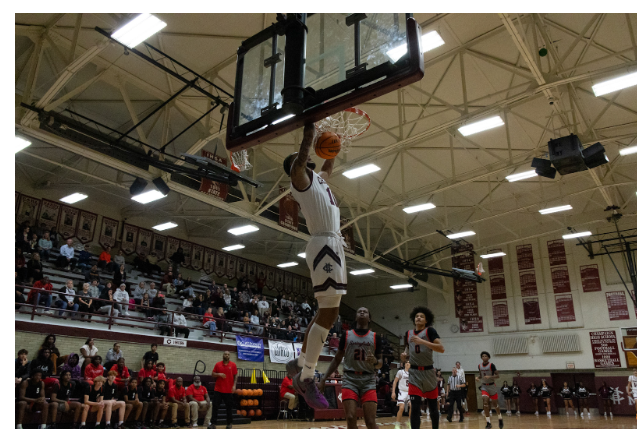
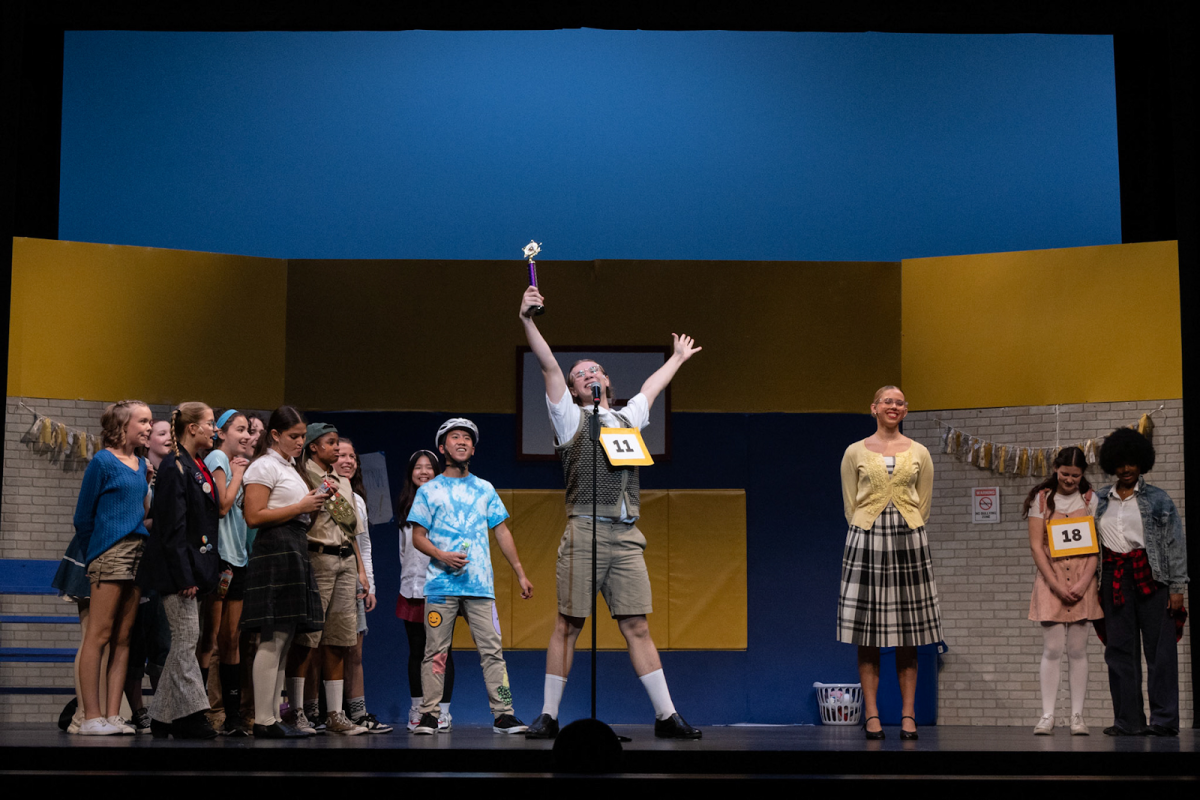
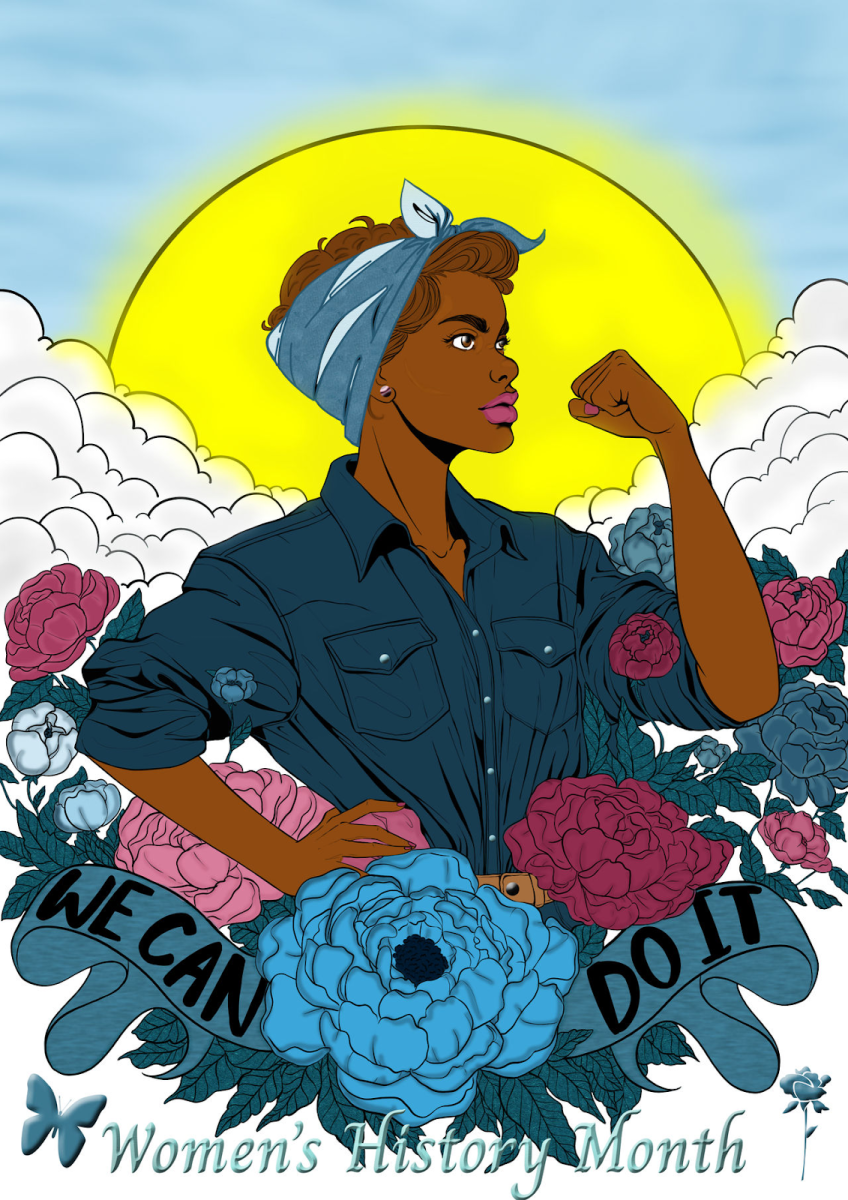
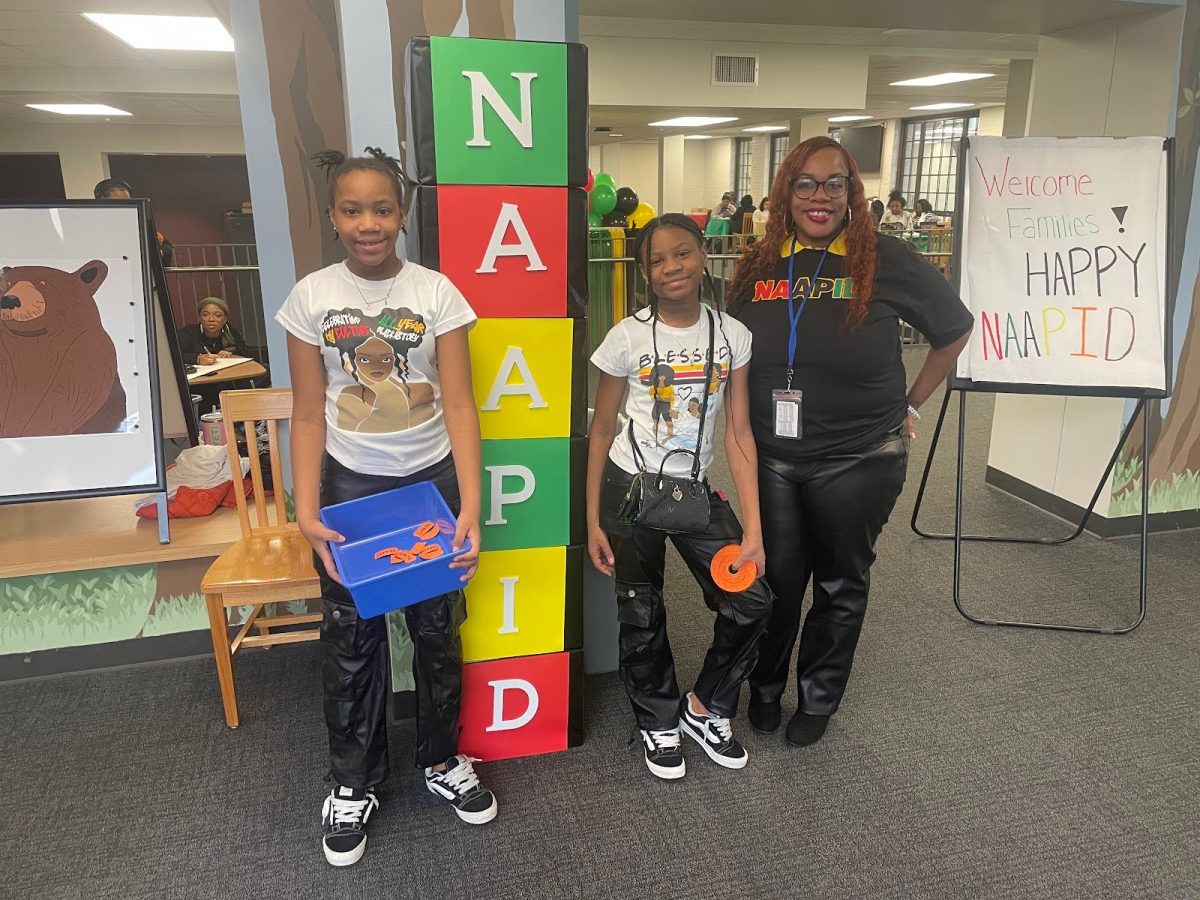
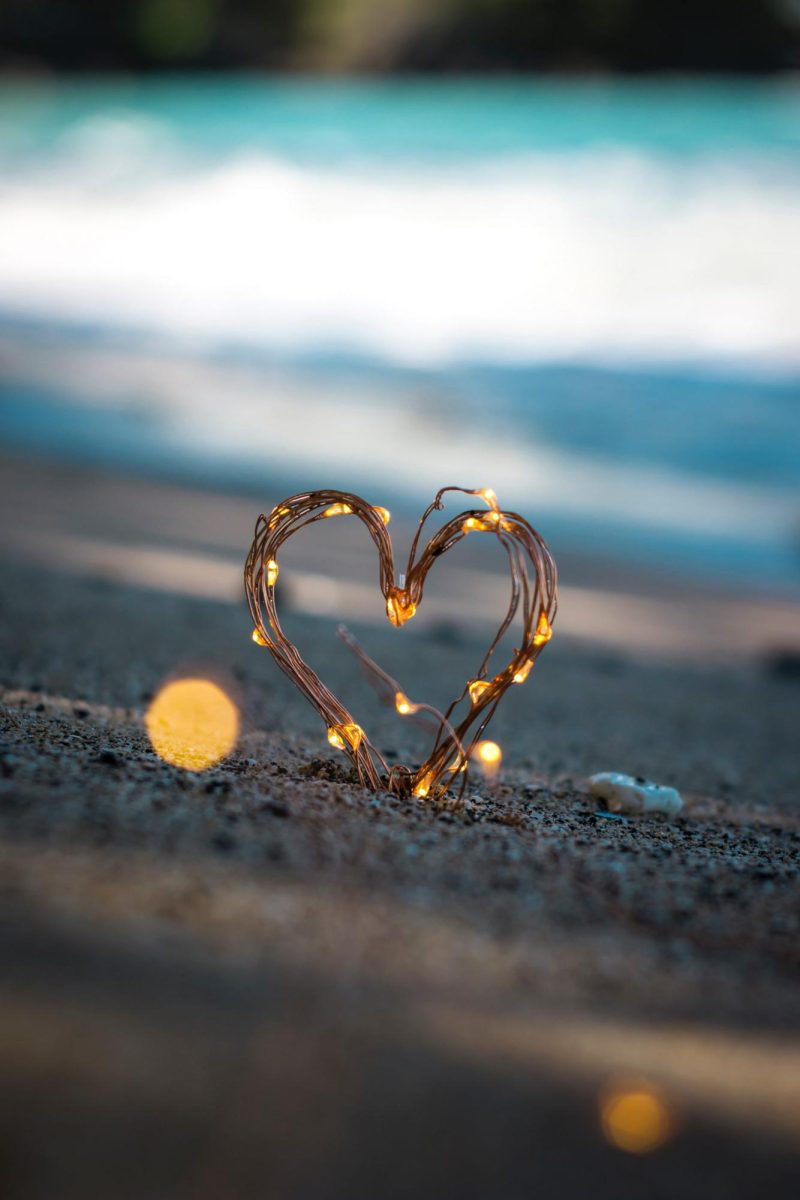

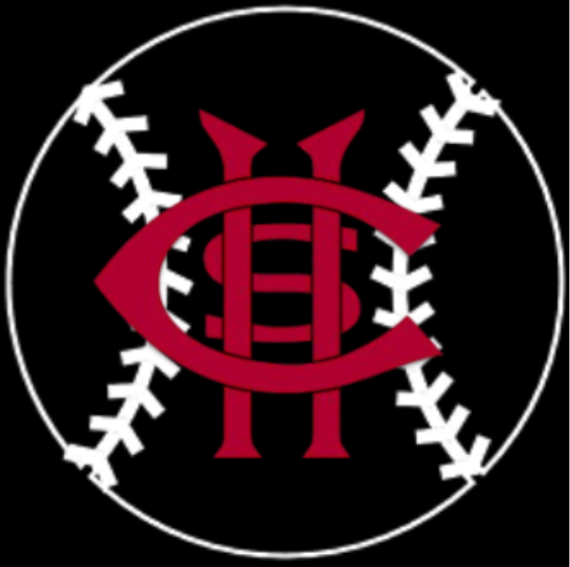
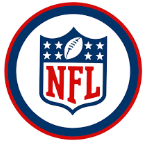
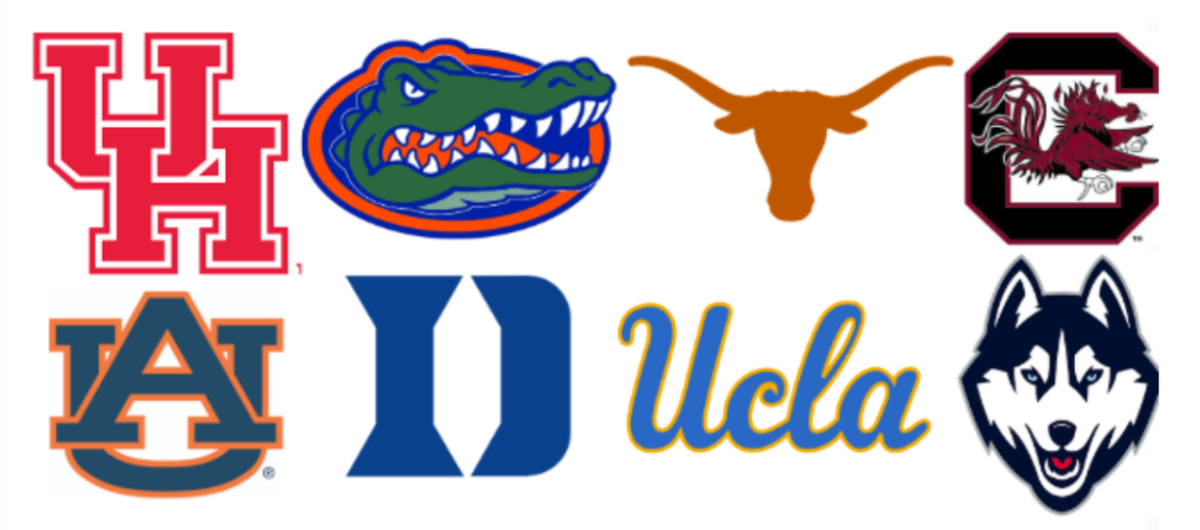
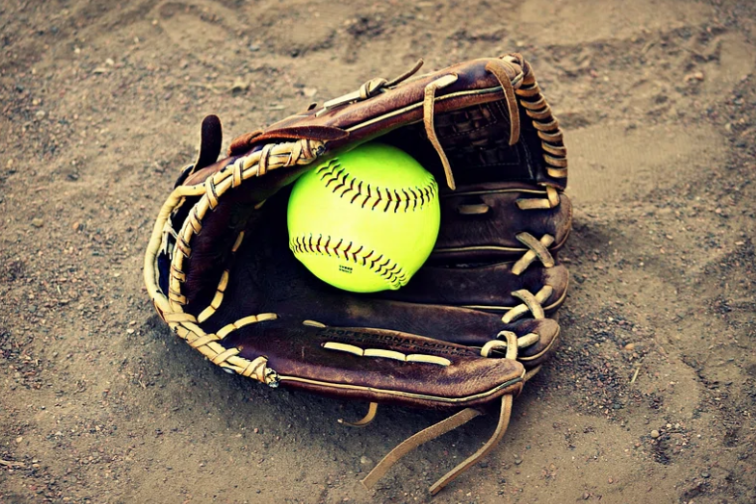
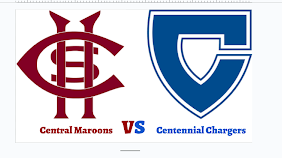
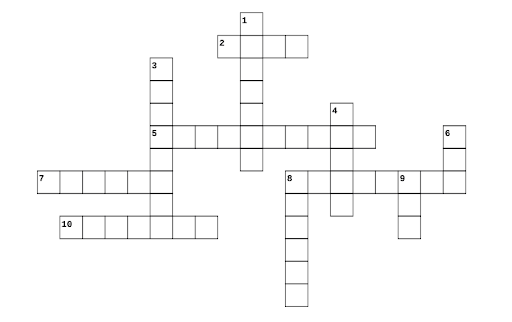

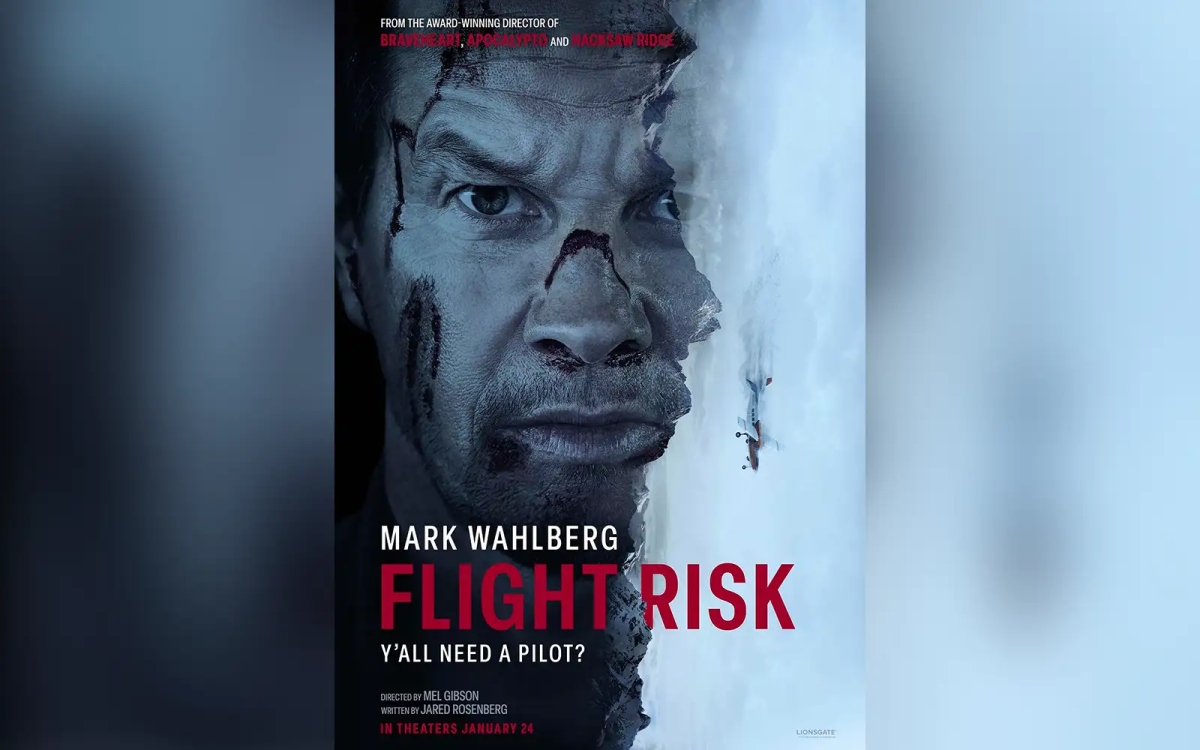
Adam Edwards • Oct 1, 2024 at 3:38 pm
Ain’t no party like a diddy party.